TUPE means exactly the same terms and conditions Tell her to tell the boss haha,funny joke,Love,but I'm not falling for it1 ANSWER An employer can required its employees to work 7 days a week all of the time or for a short period of time when necessary However, after 40 hours in a single week, the employer must pay overtime (time and a half) to nonexempt employees (usually hourly employees)All workers are entitled to have breaks while they are at work and rest periods between working days or nights To find out what breaks you should get at work – see 'rules' below The Organisation of Working Time Act 1997 sets out employees statutory minimum entitlements for the working week, annual leave, night work, breaks and rest periods

Peddling Wonderment Selling Privilege Launching The Market For Medieval Books In Antebellum New York
Working out 13 days in a row
Working out 13 days in a row-It is highly likely that you could have the most substantial benefit from a three day a week program You should lift to train Training is done with a long term goal in mind If all you need is exercise you should go for bike rides, walk the dog,There are no laws in New York that would prevent you from working 13 days in a row if you so choose If you would rather not work 13 days in a row, NY State labor laws require that you be given 24 continuous hours off within every 7 days of work if you are not a white collar worker




March 13 21 Trinalin Thinks Things Through
13 days was my max Was scheduled to work FriMon two weeks in a row, but I was also scheduled for a training one those off days I got told that the training was vital that I receive (It wasn't, literally haven't touched the subject of the training since)Try working 13 hour days 17 days in a row and squatting every few seconds for those 13 hours P PAIN hahaha http//wwwfwagovau/docume nts/legislation/fw_act/fw_act_con01htm#P2433_ (1) An employer must not request or require an employee to work more than 38 hours in a week unless the additional hours are reasonableSo if you do 9530 MF ordinarily that's a 375 hour week, and over a four month period adding in the eight additional days for the weekends, then you have a total amount of time worked of 375*13 and 525 * 4 which totals up to = 6975 hours which averages out over that time as an average of 4102 hours so well below the 48
This The majority of the working world in the United States works 5 8 hr shifts per week If you are full time working 8 hr shifts as a staff nurse, you will need to work 5 days/week 3 12s depends on where you work and the needs of the unit 0 Likes MunoRN, RNContact the Translating and Interpreting Service (TIS) on 13 14 50 Hearing &The employer may designate a different seven day period If you work six days in one workweek and seven in the next to constitute the 13 days you asked about, you only get overtime after you have worked more than 40 hours in the workweek in which the days fall Everything starts over at zero when one workweek ends and the other begins
Rather, they are entitled to one day off for every six days they work in the same calendar month To be sure, if an employer "reasonably requires" someone to work for 21 days in a row, he or she is allowed to do so as long as he or she gives the employee three days off at some time throughout the month Exceptions to the RuleIf it's truly two separate work weeks, then the answer is probably yes Suppose you have a week of Sunday Saturday, which is pretty common I can schedule you for Wed, Thu, Fri, Sat in this week and then Sun, Mon, Tue and Wed of next week ThereThe number of days in a row is up to you unless otherwise specified by your employer Can an employer make you work 11 days in a row?




Tattoo Mitta Full Backpiece 2 Days In A Row Total 13 Facebook




Excel Formula To Calculate The Max Consecutive Days Leading A Rank Super User
As a result of the ECJ's decision, an employer in the UK could, technically, require an employee to work for 24 consecutive days, provided the other entitlements set out in the WTD are satisfied The case, was, however, concerned with the WTD, not the WTR, and any requirement to work 24 consecutive days could be open to challengeBut that does not mean that an employee cannot be required to work any more than six days in a row Rather, suppose in week one an employee was off Sunday and worked Monday, Tuesday, Wednesday, Thursday, Friday and Saturday In week two, the employee worked Sunday, Monday, Tuesday, Wednesday, Thursday and FridayIs it true that in New York State a person is not allowed to work more than 13 days in a row?



Foam Nests Of Polypedates Otilophus Upper Row Shows The Development Of Download Scientific Diagram




13 Days In Hell Day 13 Youtube
It depends on the intensity on those days Just from the information, your biceps and shoulders are more likely going to take the most beatings because of the consecutive days of training (And i say most likely because that depends on how long yoIt doesn't matter how many days in a row you work It matters what days those are For example if you work Thursday Saturday then Sunday thru The next Thursday—that is 8 days straight but two separate weeks even if the pay period is a two week oI am between Uni and going back home for the summer and instead of waste a months rent I have stayed in my halls to work




Why We Re Not Getting 11 Days Off In A Row Navigating Holidays In Latvia Article




Covid 19 Brunei Is Free Of Infections 13 Days In A Row The Star
Said differently, the law provides that you, as an employee, are entitled to a day of rest during the designated 7day workweek established by your employer, otherwise, your employer would be in violation of Labor Code section 552 and subject to penalties No employer of labor shall cause his employees to work more than six days in sevenThey more than likely are going to use you everyday for the next 18 days!Yes, an employer can force an employee to work 13 days straight UNLESS the employee has a written employment agreement or contract with the employer that prevents it I know that it may seem to be unfair/unjust, however, state and federal law does not prohibit it




Can You Be Happy For 100 Days In A Row The 100happydays Challenge Amazon Co Uk Golubnichy Dmitry Books




Back In The Doghouse Muntpunt
Speech assistance Call through the National Relay Service (NRS) For TTY 13 36 77 Ask for the Fair Work Infoline 13 13 94 Speak &The law specifies that a day of rest must be "in addition to the regular period of rest allowed at the close of each working day" An employer who made you work until noon one day, for example, and then report back at noon the next day, could not call that 24 hours off a day of rest The law presumes that Sunday will be the one rest day in sevenCertain jobs in the oil and gas industry require that persons work in rotational shifts of 28 days That means being on site for 28 days and taking a break for the next 28 days Offshore drilling jobs are a classic example This type of work routine has its advantages but also several drawbacks We look at both




I Reached My Move Goal 13 Days In A Row On My Applewatch That S My Longest Streak Ever
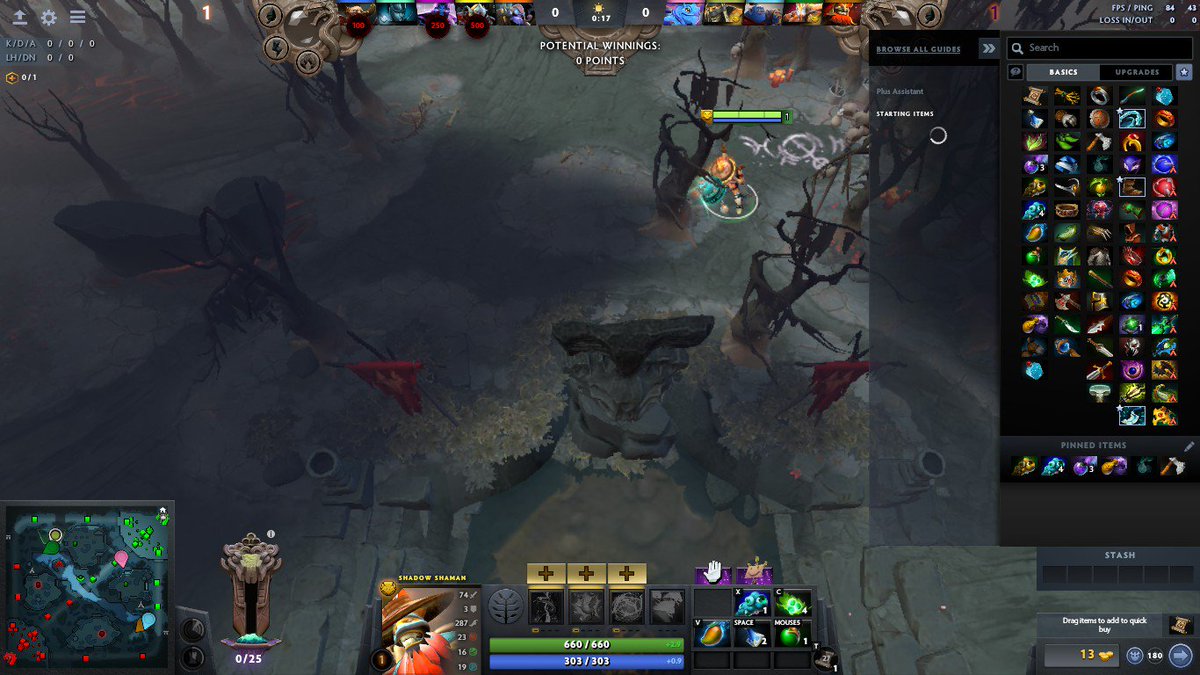



Reddit Dota 2 Summer Scrub Dota2 Plus Not Working 4 Days In A Row Mind You We Pay For This Shit And You Not Even Abl T Co Jcybkdhpku Dota2 T Co Vofqrntrqe
Fair Work Online wwwfairworkgovau Fair Work Infoline 13 13 94 Need language help?Quote Originally Posted by donkey balls ask him has he ever here of the working time directive 48 hr week One can work 9 (8 hr) days in a row without breaking the 48 hour week As has been said, once the time off is given at the end of the cycle, it's perfectly legalYou're entitled to two days off a fortnight so working 7 days (or more) in a row is allowed Pretty sure you can opt out of working on Sundays though if it's bothering you Yeah, spoke to 23 people at my work who have fairly high roles and told me that I should get it changed, they did say that for every 2 weeks, at least 2 of my 4 days off




Working 9 Days In A Row Wish Me Luck Starbucksbaristas




Sleeping Beauty From Indonesia Can Sleep For 13 Days In A Row
If you are working on the seventh day out of seven days, you must be paid overtime for that seventh day An exception to this is if you do not work more than 30 hours in a week or six hours in any one day during the week Moreover, if you work seven consecutive workdays (meaning seven days in a row) in a workweek, your employer must pay you time and onehalf the regular rate of pay for the first eight hours you workWorking 13 days in a row with only one day off for the past few months Just myself and the owner works at his store in Canada If I quit because I work 13 days in a row with only one day off and no raise or anything except an increase in work, will I be eligible for EI?Generally, employees (both exempt and nonexempt) may not be required to work 7 days in a row Unless an exception applies, employees are entitled to get one day off after working 6 consecutive days This is true whether employees are hired by the day, week, month, or year, and whether they work during the day or night



1




Obtaining Accurate Totals In Dax Sqlbi
Your average working hours are calculated over a 17week period You can work more than 48 hours in one week as long as the average is less than 48 There are special rules for some workers, like young workers and mobile workers in the transport industry Days off from work and rest breaks All adult workers are entitled to one day off a weekTherefore, it includes seven consecutive 24hour periodsCan my employer require me to work 13 days in a row?




March 13 21 Trinalin Thinks Things Through




70 6 The Healthier An Individual Is The Fewer Day Chegg Com
Even better You're not doomed to regress "A lot of people worry about how long it will take to get back on track," Weiss says "But if you reduce the training volume and recover rightI was down to work everyday until June 8th but took off a 3 day weekend to go on holiday So will only be working days in a row I have no problem working the days, just generally interested in it and also see if I could use it to get a manager in trouble P I work on average three 78 shifts a week the rest are 4 hour shiftsThis is his advice Under Regulations 11 (1) and (2) of the Working Time Regulations 1998 a worker is entitled to an uninterrupted rest of 24 hours per week or, at the employer's choice, 48 hours per fortnight A week begins at midnight between Sunday and Monday




After Working For 7 Days In A Row Jan 19 12 13 Utc 15




Non Working Days
Coming up on working 13 days in a row Why won't Sherwin staff their own stores?This ruling means that if an employer's workweek runs from Sunday to Saturday, it's not a problem for an employee to be scheduled to work every day from Wednesday to Wednesday—even though that'sCCAs are supposed to work a max of 12 a day (84 hours in a week max) Also we have 22 routes and only 3 carriers on ODL They are al working 12 hours and coming in on days off The CCS (5) are working 1012 And most days we are forcing nonODL carriers in on their day off




Personal Review Norwex Kitchen Cloth Norwex Kitchen Clothes Clothes




My Community App Is Not Working Properly Check In Reminder Miui Rom Mi Community Xiaomi
To work out this average, add up your hours over 17 weeks, and divide by 102 days try working 13 days in a row, like i had to last summer Aren't I entitled to a day off every week?Avvo has 97% of all lawyers in the US Find the best ones near youIf anything makes me leave this company it's going to be the lack of help I've skipped weddings, funerals, holidays, family reunions, dates, graduations, you name it




Eggprotein Instagram Posts Photos And Videos Picuki Com




Area 21 Countdown Reopening In 13 Days Ready To Improve Your 2k Row Row Health Reopen Lockdown Wodup Fitness Gyms Sports Antwerpen Deurne Facebook
7 Days in a Row Your Right to Time and a Half for the Seventh Day of Work in a Workweek It is important to note that a workweek begins on the same day each week;If you are working on the seventh day out of seven days, you must be paid overtime for that seventh day An exception to this is if you do not work more than 30 hours in a week or six hours in any one day during the week If you work seven consecutive workdays (meaning seven days in a row) in a workweek, your employer must pay you time and onehalf the regular rate of pay for the first eight hours you workThis section of the code clarifies that employees must not necessarily take a day off in a seven day period, as long as the rest days are provided for during the same calendar month For example, if an employer reasonably requires the employee to work for 21 consecutive days in a row, this is permissible as long as the employer subsequently provides for the three missed days
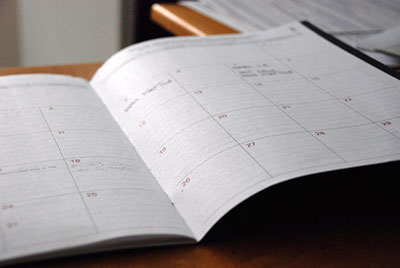



How Many Days In A Row Can You Work In California




Internal Temperature Of The Refrigerator In 4 Days In Row Download Scientific Diagram
NO There are no restrictions on the number of work hours per day, except for children under 18 Likewise, there are no restrictions on how early in the morning, or how late in the evening, an adult employee may workThat will depend on the state or jurisdiction you are inAs he will be staying at a hotel in scotland technically he will be 'working' over 170 hours in 7 days (not including the time before and after) He states that he will be paid for Travel to the location and time an half for the hours completed Saturday and Sunday Normal 37 hour a week wage, plus 3 1/2 hours at extra time




Bitcoin Enjoying Greens For 5 Days In A Row Btc Dominance Rises 13 From All Time Lowest




Coronavirus Update Victoria Reaches 13 Days In A Row With No Cases Deaths The Wimmera Mail Times Horsham Vic
He said, "If the sun rises, I work out" I asked him about some extra challenging circumstances, sickness, travel, and the answer was always the same "It's not optional" So I thought about itAnd I decided to do it I started the next day What I learned from exercising 100 days in a row It actually takes less disciplineRe Working 13 days in a row Yes She could be asked to work 365 days a year with no additional compensation Obviously, at some point she might want to find another job, but many lawyers, IT personnel, accountants and other professionals work 30, 40 or 50 days in a row at a timeWorkers 18 and over have a right to a minute break where the working day is longer than six hours, also, a rest period of 11 consecutive hours between each working day, (unless working on a shift pattern) and a 24 hour rest period in each seven days For nightworkers, the average daily hours of work are 8, averaged over a 17week period




I Am Nearly Finishing Duolingo Peakd




Can You Be Happy For 100 Days In A Row The 100happydays Challenge Abebooks Golubnichy Dmitry x
I don't think nurses should routinely work 5 shifts in a row You do make more mistakes when you work 60 hours in 5 days Most hospitals I know of schedule nurses for 4 on 4 off and you can work overtime on your four off So we sometimes do 5 in a rowListen 1300 555 727 Ask for the Fair Work Infoline 13 13 94Yup try working 13 days in a row, like i had to last summer its not how many days you work, its how many hours you work in a week usually this is capped at 40, but most employment contracts have an optional thing you can sign if you're willing to occasionally work more than that (though who defines occasionally is anyones guess)




Blackbird Babies In A Row 13 Days Old Stock Photo Download Image Now Istock




Solved Calculate The Days Of A Debt From The Past To Tod Microsoft Power Bi Community
Yes it is legal to work 10 days I do 12 hour shifts and have clocked 13 days once and was told by my boss I could not do the next day shift mickmars wrote »




Liz Callaway You There In The Back Row 13 Days To Broadway Listen With Lyrics Deezer



History Comic Strip Suzeeskeem Poolt Mathesonverzin




Solved Ion 9 2 Due In 6 Hours 13 Minutes Due Sat 11 23 Chegg Com




Study Design A Upper Row Procedure And Timing With Pre Assessment Download Scientific Diagram




Primeng Schedule Fullcalendar Showing Extra Row Of Days Stack Overflow




Calendar Show Only 6 Days In A Row Issue 17 Wakirin Litepicker Github




Jamie Mcgeever Gold Down 9 Days In A Row Its Worst Run Since 1973 Close To Making It 10 In A Row Today Ht Jan Reutersgold Http T Co H8de6jdvoj




Playing 0 Days In A Row Youtube
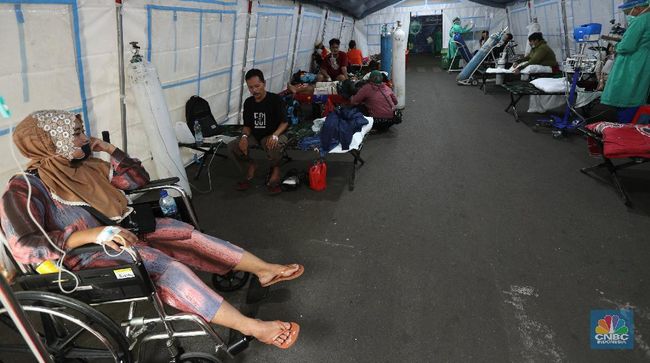



3 Days In A Row Of Healed Cases In Dki Beyond Positive Additions Archyworldys
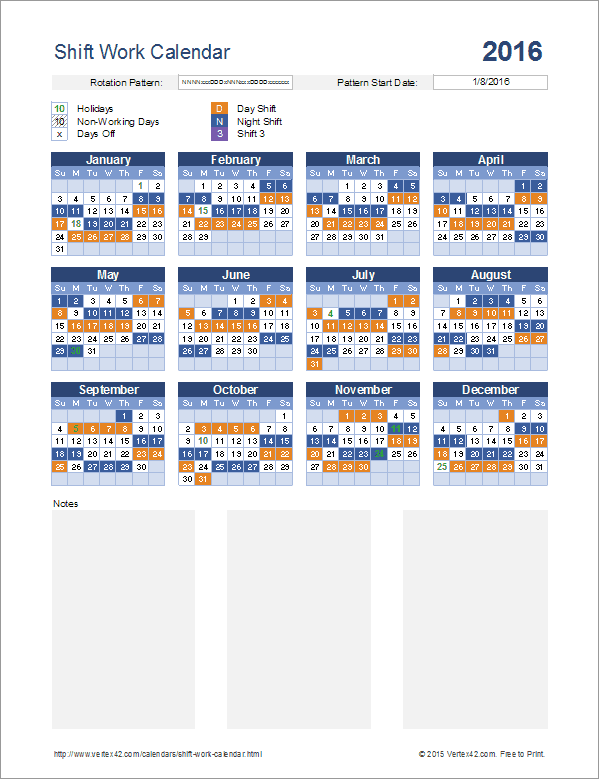



Shift Work Calendar For Excel




Soph Overly Tired Selfie From Working 13 Days In A Row




Decrease No Of Days By 1 Daily From Mysql Column Stack Overflow




Solved Calculate The Days Of A Debt From The Past To Tod Microsoft Power Bi Community



Accidentally Completed A Few Days In A Row The Rest Has Been An Interesting Journey Applewatchfitness



Dude Wtf 2 Days In A Row Hypixel Minecraft Server And Maps



Went To Bed At 7 45pm After Working 3 Days In A Row Travelling For 6



London Weather When 13 Days In A Row Of Sun Is Forecast For London With Highs Of 24c Degrees Opera News




Not Karl Vannieuwkerke But Maarten Vangramberen Is King Of The Sports Summer 76 Working Days In A Row Don T Tell My Wife That Newswep




Belphegor Working Hard On Creating New Album Frontview Magazine




U S Executes Second Convict On Death Row In Two Days Eminetra New Zealand




New South Wales Marks 13 Consecutive Days Of Zero Covid 19 Cases Sky News Australia




Stine Seed Catalog




Chapter 14 Working Capital And Current Asset Management
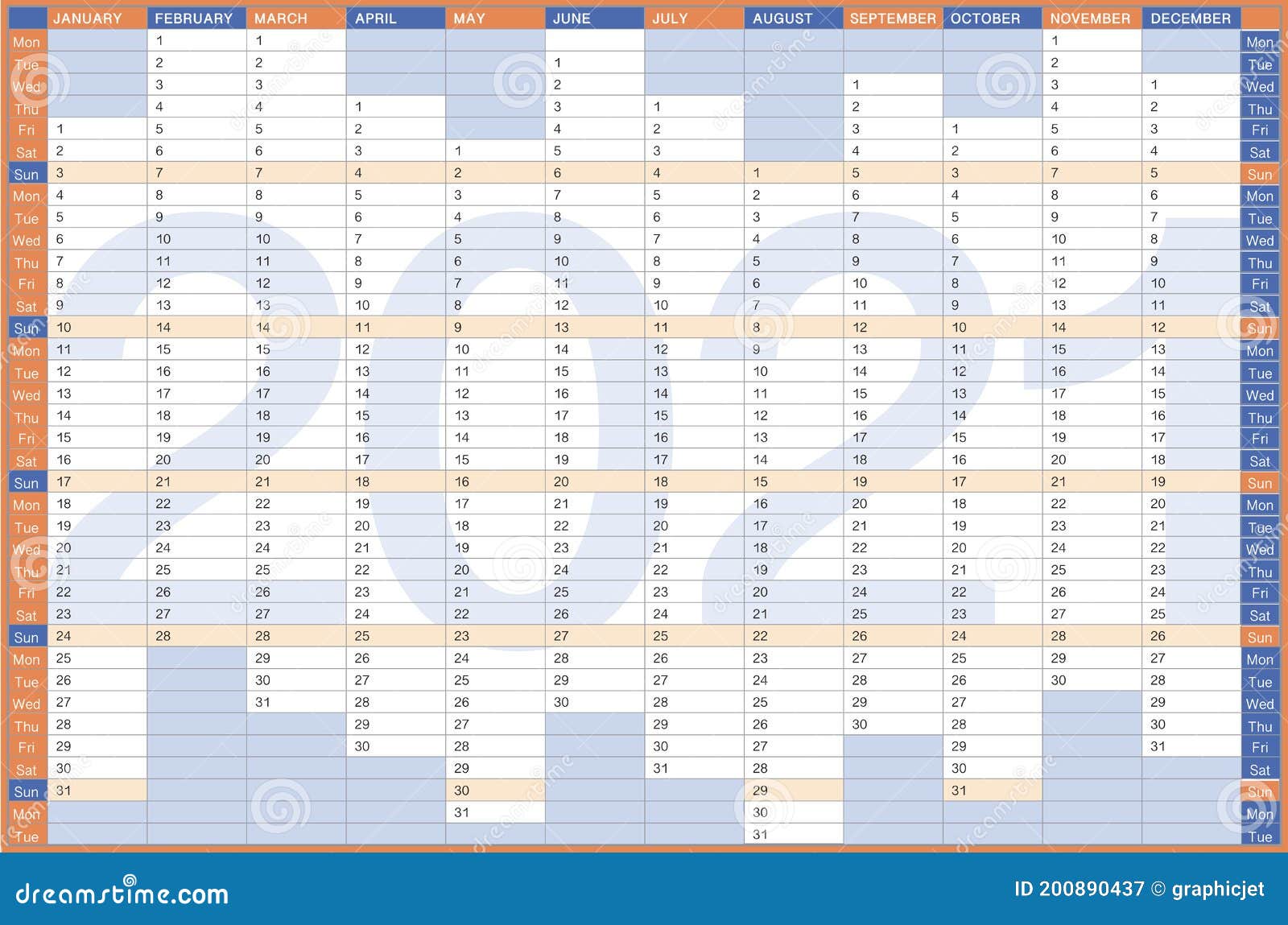



Wall Calendar 21 Single Page With Vertical Columns And Days On The Same Row Stock Vector Illustration Of Lines Background




Colombians Keep Protesting For 13 Days In A Row News Telesur English




Function To Calculate The Number Of Working Days Between Two Dates Experian Data Quality Community




Steven Marshall 13 Days In A Row Of Zero New Cases 5 Facebook




No New Covid 19 Cases For 13 Days In A Row 7 More Recovered In The Kingdom Khmer Post Asia




Check Infected With Covids Today Chonburi Has Gone Up For 5 Days In A Row Where Work And Family Are Still Spreading Heavily Newsdir3




Hours Of Work Ontario Laws Dutton Employment Law




Setup Non Working Days Clickhome Support




I Worked Out For 30 Days In A Row And This Happened Emily Parsons




Wader World After Working 14hr Days 13 Days In A Row Then 2 Days Off And Working Straight Through Again The Missus Made Me Get Out For A Walk Locally With




Amazon Com Mhp Electric Punching Machine Mould Punching Machine Mould Copper Row Punching Machine Mould Round Mold Oval Mold Home Improvement




Owl Drops Down Couple S Chimney Two Days In A Row Evening Standard




Wader World After Working 14hr Days 13 Days In A Row Then 2 Days Off And Working Straight Through Again The Missus Made Me Get Out For A Walk Locally With



Axiory Forex Technical Analysis Chart Analysis Market Sentiment




Denver Saw 6 Days In A Row Of Snow But It Wasn T A Record 9news Com




This Same Notice Appeared Three Days In A Row Aug 13 15 Newspapers Com




Pin By Lindsey Perry On Thermoflight X It Works Products My It Works Itworks




Sky Blanket The First Row Is Joined Sky Blanket Yo Yos Crochet




Soph Overly Tired Selfie From Working 13 Days In A Row
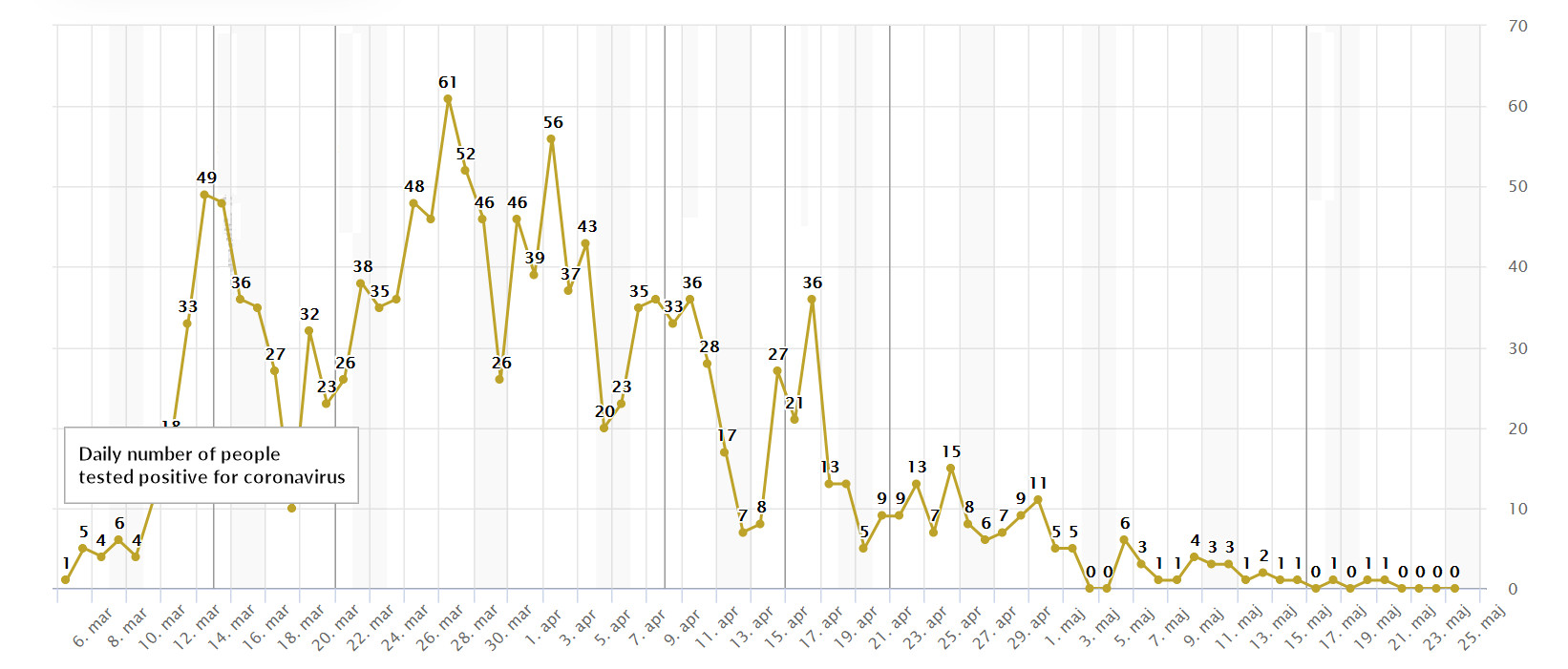



Slovenia Hits 4 Days In A Row Of No New Coronavirus Cases




Counting Days In A Row In A Table Based On Thresho Qlik Community




Blog 13 Not Boring Soups For Working Professionals Sbs Food Food Recipes Cooked Vegetables
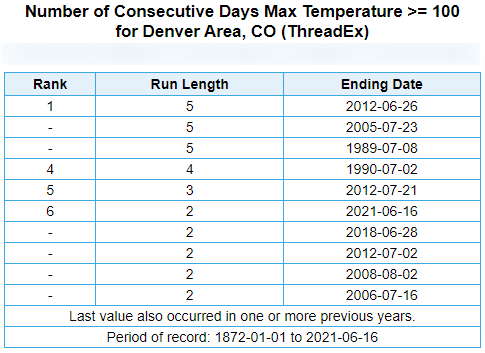



Going For Three 100 Degree Days In A Row In Denver



Dow 9 Up Days In A Row




Amazon Com Life Behind A Steering Wheel Ebook Kalra Raghav Kindle Store




Barrow Train Conductor Works 13 Days In A Row To Help Key Workers The Mail



France Fines Google 500 Mln Over Copyright Row Nasdaq




Brazil Sees Record High Covid 19 Deaths Two Days In A Row The Statesman




Introduction To Infobright April 16 14




Tobey Maguire Quote I Started Working Around Eigth Grade I Remember Doing A




Peddling Wonderment Selling Privilege Launching The Market For Medieval Books In Antebellum New York



1




3 Days In A Row Anything Else Modernwarfare




Can My Employer Require Me To Work 13 Days In A Row Legal Answers Avvo




2 Days In A Row No Mike Thomas Misses Practice Again Click Here For Saints Injury Report Wgno




Covid 19 Recoveries In Maharashtra Exceed Cases For 2 Days In Row Hindustan Times




It Is Supposed To Be Five Days Off In A Row At Easter 19




13inch High Power 3 Row Jeep Wrangler Lights Spot Flood Work Lighting Led Light Bar China Arc Led Light Bar Three Row Led Light Bar Made In China Com



In Flanders Fields Wikipedia




Short Seedling Stage 13 Rows Agricultural Machinery For Throwing Seeds China Rice Transplanter Rice Planting Machine Made In China Com



Nbn Schedules Up To An 8 Hour Outage 3 Days In A Row During The Day I Guess Working From Home Wont Be An Option Next Week Nbn




Index Scan Of Table With One Record With 2 2 Billion Executions Newbedev




First Row The Ae Indices For Three Cases Doy 145 148 Doy 153 156 Download Scientific Diagram




Hiddendisability Instagram Posts Gramho Com



Q Tbn And9gcrcp4o 2ijz19pvfoyvz 7wifmc1glegbot78epzjtguhyjnnng Usqp Cau




Intravital Microsopy Images Of A R 18 Gfp Melanoma Xenograft Recorded Download Scientific Diagram




Read Hataraku Saibou Black Manga Chapter 18 In English Free Online




Calculate Average Between Rows In Sql By Using Lag And Ignore First Row Stack Overflow



1



Www Bambiweb Org Wp Content Uploads 17 02 17 02 Bambi Feb P 28 32 Domestic Workers And Thai Labour Laws Jessica Vpanthip P Pdf
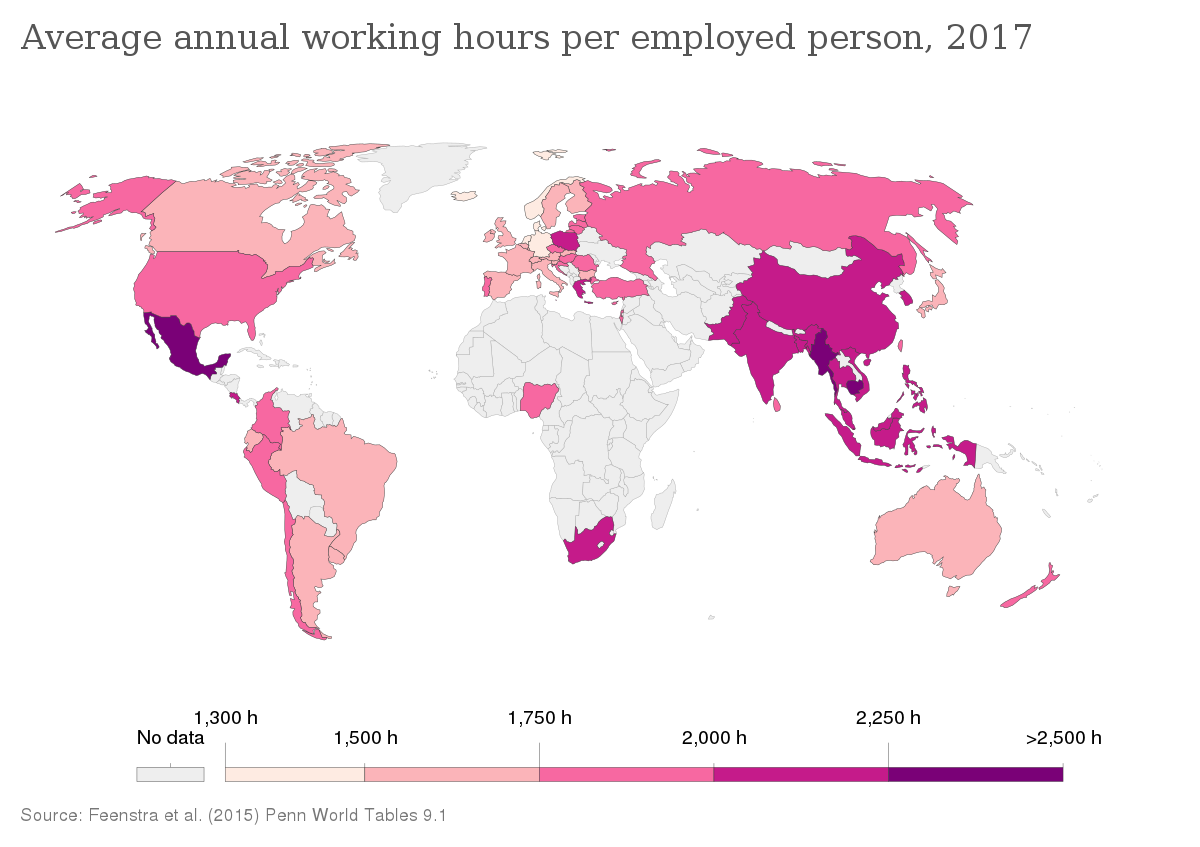



Working Time Wikipedia



0 件のコメント:
コメントを投稿